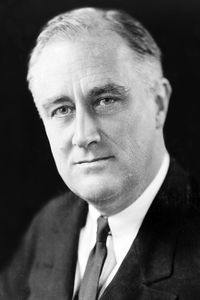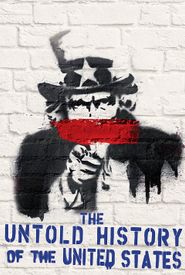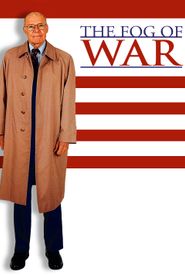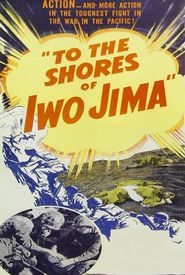Here is the biography of Franklin Delano Roosevelt:
Franklin Delano Roosevelt was born on January 30, 1882, in Hyde Park, New York, to James and Sara Roosevelt. His father was 54 years old at the time of his birth, and his mother was only 27. Growing up, FDR had a happy but sheltered childhood, with a very privileged upbringing. He was a devoted son, but found clever and subtle ways to get around his mother's domination.
At 14, FDR was sent to Groton, an exclusive prep school, where he did not enjoy his time and was often teased by the other kids for having a formal and stuffy manner. He graduated from Groton in 1900 and went to Harvard, where he edited the "Crimson" but failed to be accepted into the Porcellian Social Club. He graduated from Harvard in 1903.
Soon after graduating, FDR fell madly in love with his sixth cousin, Eleanor Roosevelt. They married in 1905, with President Theodore Roosevelt giving the bride away. However, their marriage was not a happy one, as Eleanor was quiet and shy, whereas FDR was boisterous and outgoing. The fact that his mother moved into the house next door to theirs, and ran things, did not help.
Franklin and Eleanor had six children, with one child dying in infancy. In 1910, FDR was elected to the New York State Legislature from Duchess County, where he made a name for himself as a crusading reformer who favored the "average guy" over big business and championed for honest government. In 1913, he was appointed Assistant Secretary of the Navy and served under Josephus Daniels and President Woodrow Wilson.
In 1918, FDR began a love affair with his wife's social secretary, Lucy Mercer. When Eleanor discovered the affair, she was understandably devastated and told FDR she wanted a divorce. At the urging of his mother, FDR chose to save the marriage and promised Eleanor that he would never have anything more to do with Lucy. The damage was done, however, and Franklin and Eleanor never again shared the intimacies of marriage, becoming more like political partners.
In 1921, FDR was stricken with polio and paralyzed. He permanently lost the use of his legs, but refused to let that thwart his political ambitions. He spoke at the 1924 Democratic Convention for the candidacy of Alfred E. Smith, then the Governor of New York, calling him the "Happy Warrior". In 1928, FDR was elected Governor of New York and was well-placed when the stock market crashed in 1929.
As governor, FDR took the lead in providing relief and public works projects for the millions of unemployed in the state. His success as New York's governor made him a strong candidate for the Presidency in 1932. He easily beat incumbent President Herbert Hoover.
When Franklin Roosevelt was sworn in as President on March 4, 1933, more than 15 million Americans were unemployed. Millions more had been hard hit by the Depression and the banking system had collapsed. FDR wasted no time in launching a radical economic recovery program, known as the New Deal. He created the Federal Deposit Insurance Corporation (FDIC),which made the federal government the guarantor of people's bank deposits - not the banks themselves - and allowed drought-stricken farmers to refinance their mortgages.
He created public works programs including the Works Progress Administration (WPA) and Civilian Conservation Corps (CCC)--thus making the government the employer of last resort--as well as setting up the Social Security system, instituting a minimum wage, outlawing child labor, and mandating a 40-hour work week with overtime pay.
In responding to the Depression, FDR forever changed the role of the federal government in American life. He was easily re-elected in 1936, defeating Republican Alf Landon in a landslide. His second term as president was less successful than his first, however. The Supreme Court had ruled a number of New Deal measures unconstitutional. With an electoral mandate in the bank, FDR proposed "packing" the Supreme Court with justices of his political persuasion for every judge over the age of 70 that did not retire. However, Congress refused to pass the Supreme Court packing plan, and from that point on FDR was unable to get Congress to pass much of his legislation.
World War II began in September 1939 when Hitler invaded Poland. Nine months later, all of Western Europe had fallen to Hitler. FDR wanted to help Britain, but had to move carefully and skillfully. He negotiated a deal in which the US gave Britain 50 old destroyers in exchange for bases in the Western Hemisphere.
With World War II underway, FDR took the unprecedented move of seeking a third term as president. He won that term in November 1940, defeating Republican Wendell Willkie. Safely re-elected, he proposed a radical new program for helping Britain,









































































































